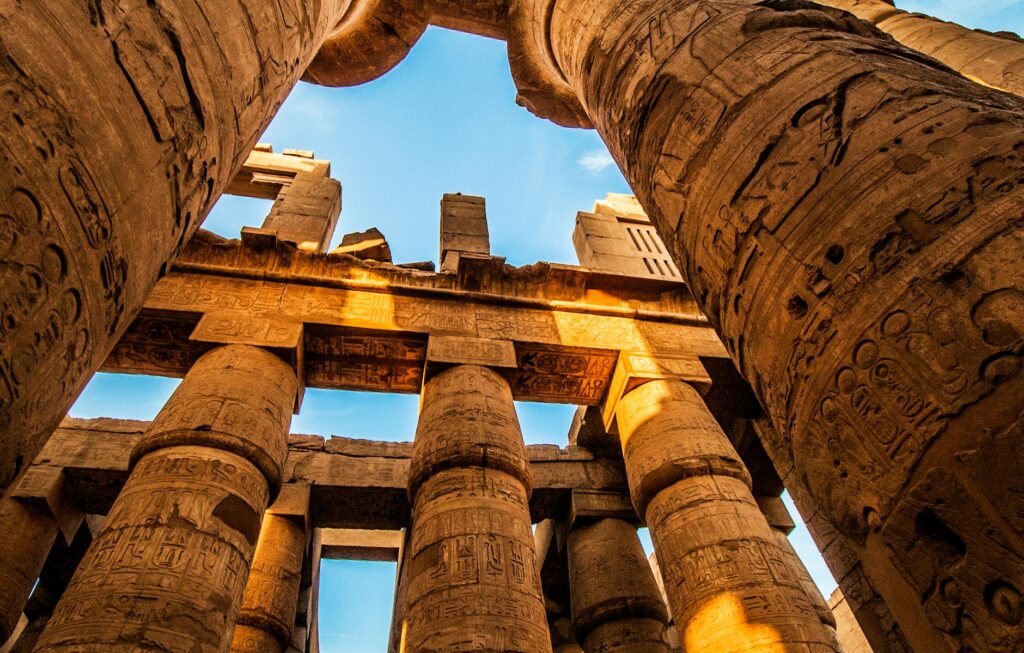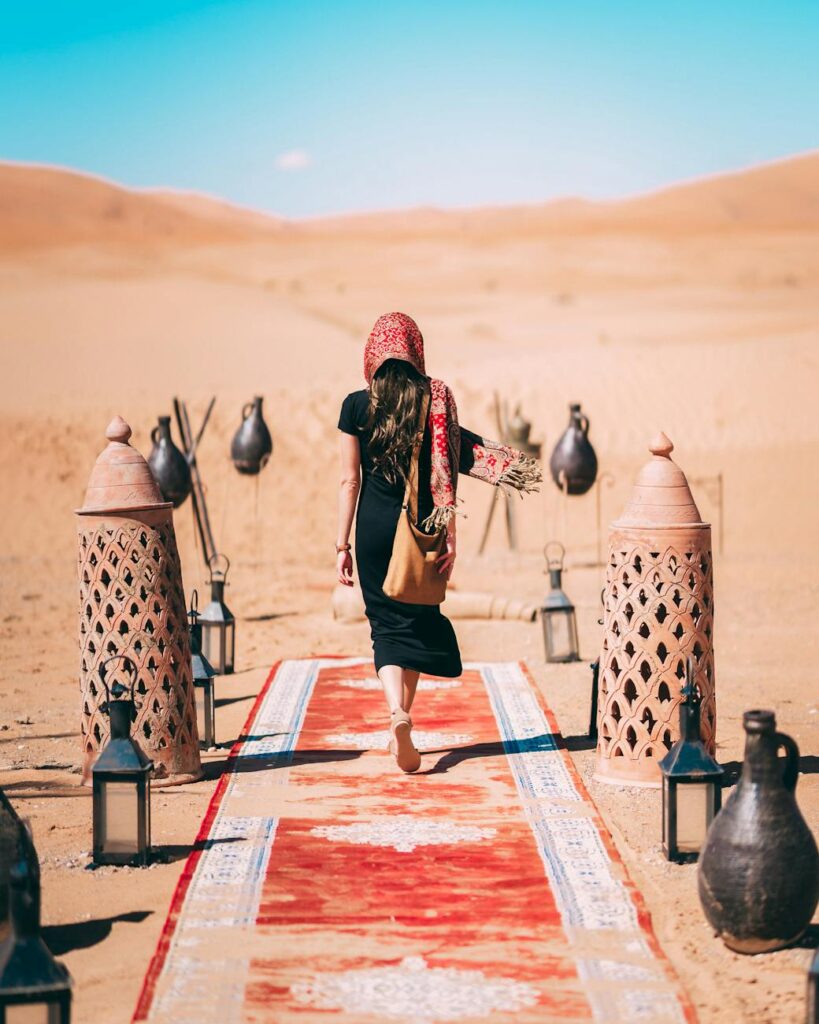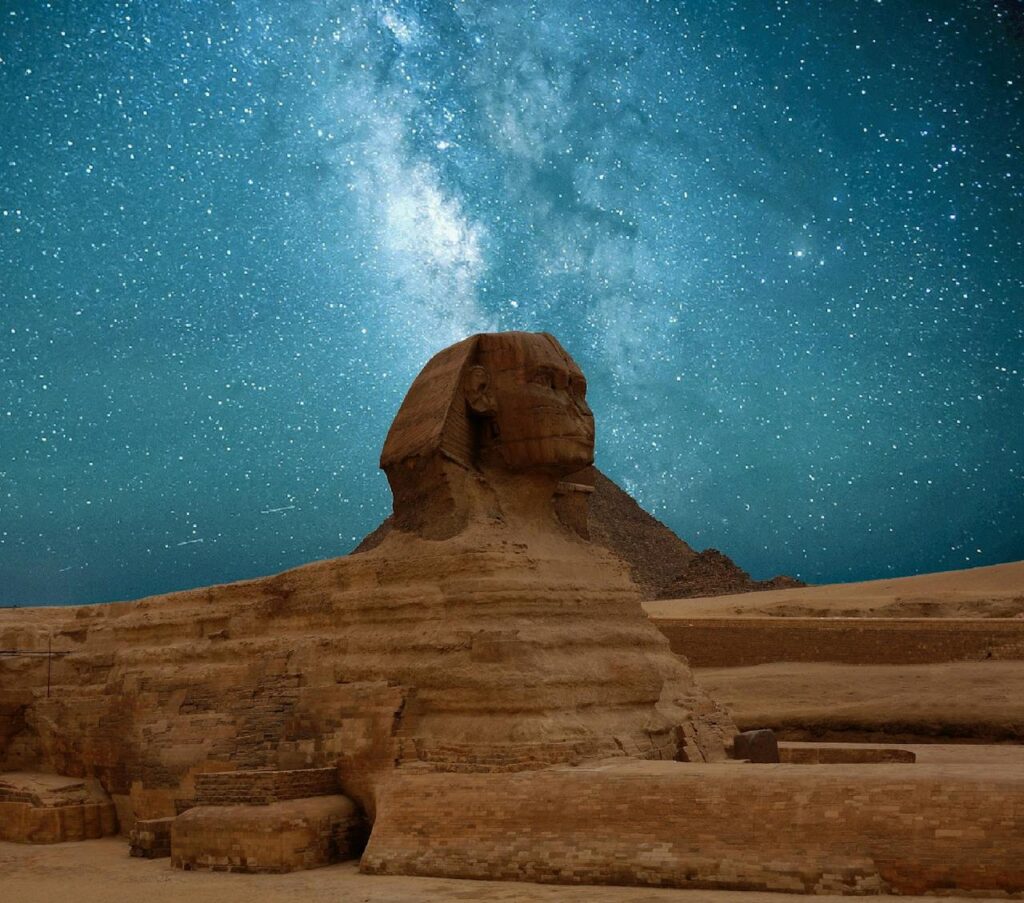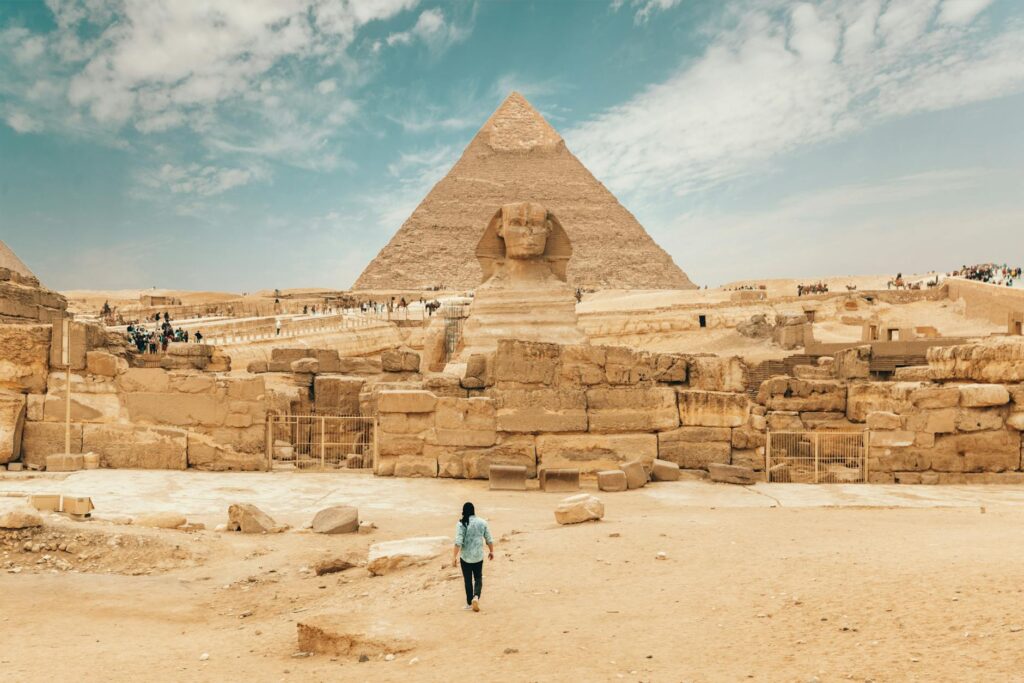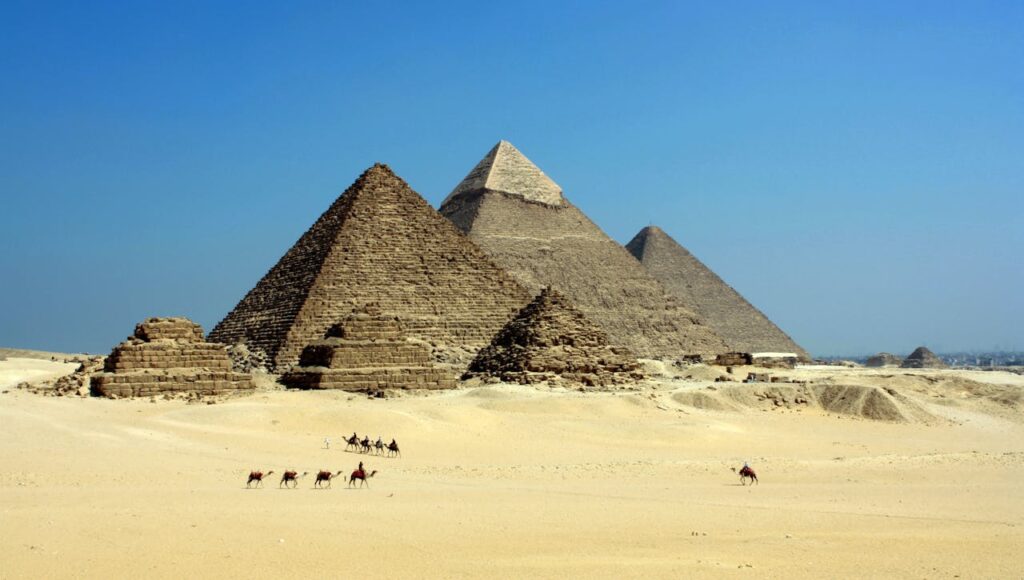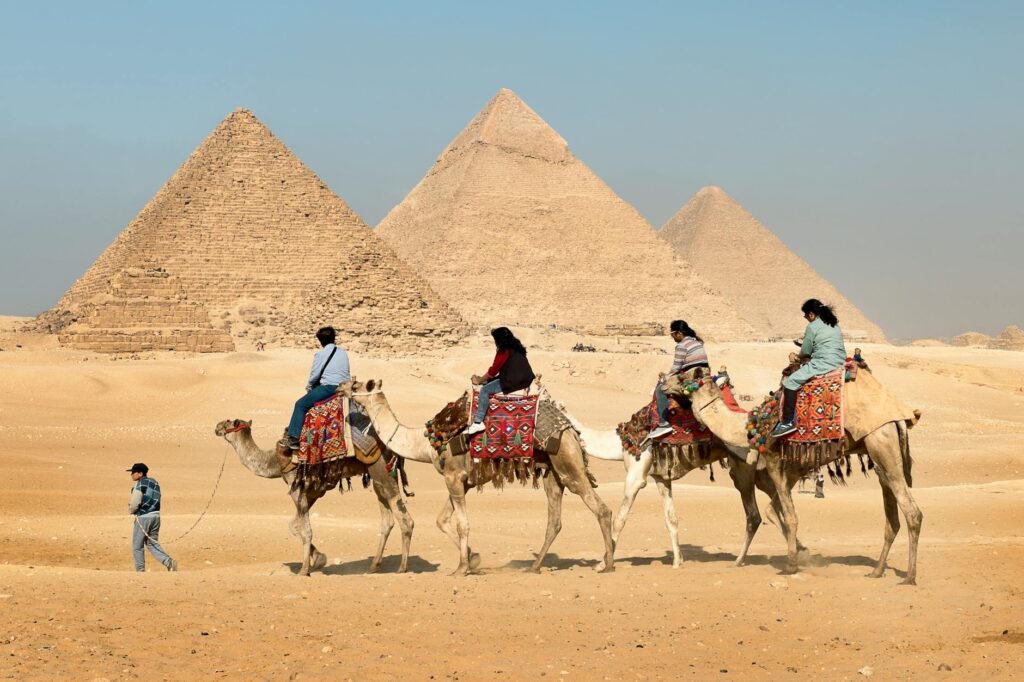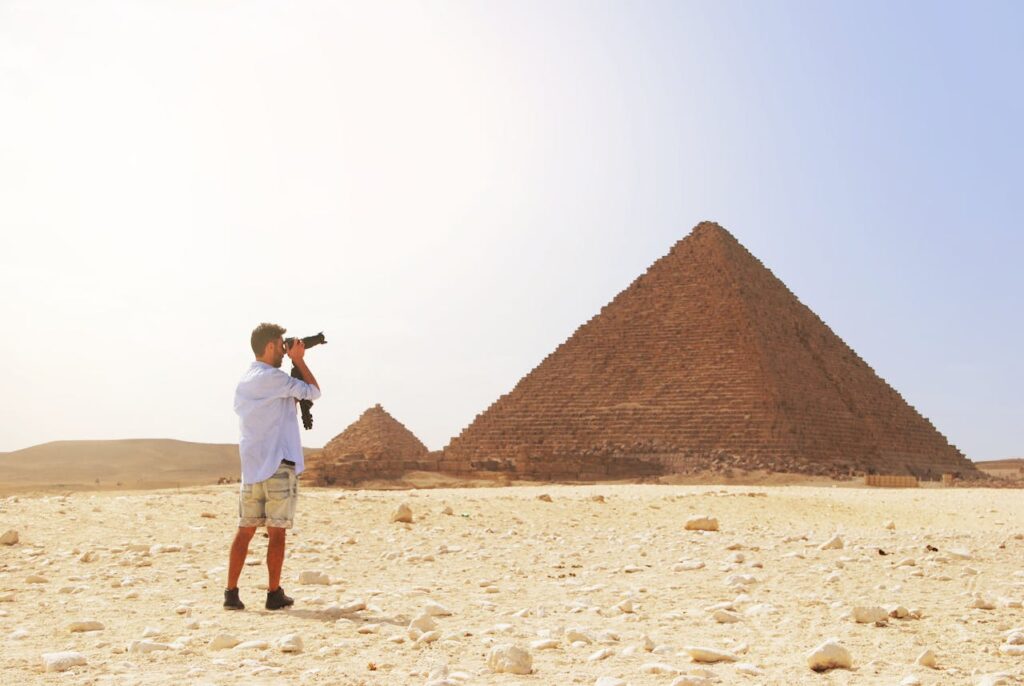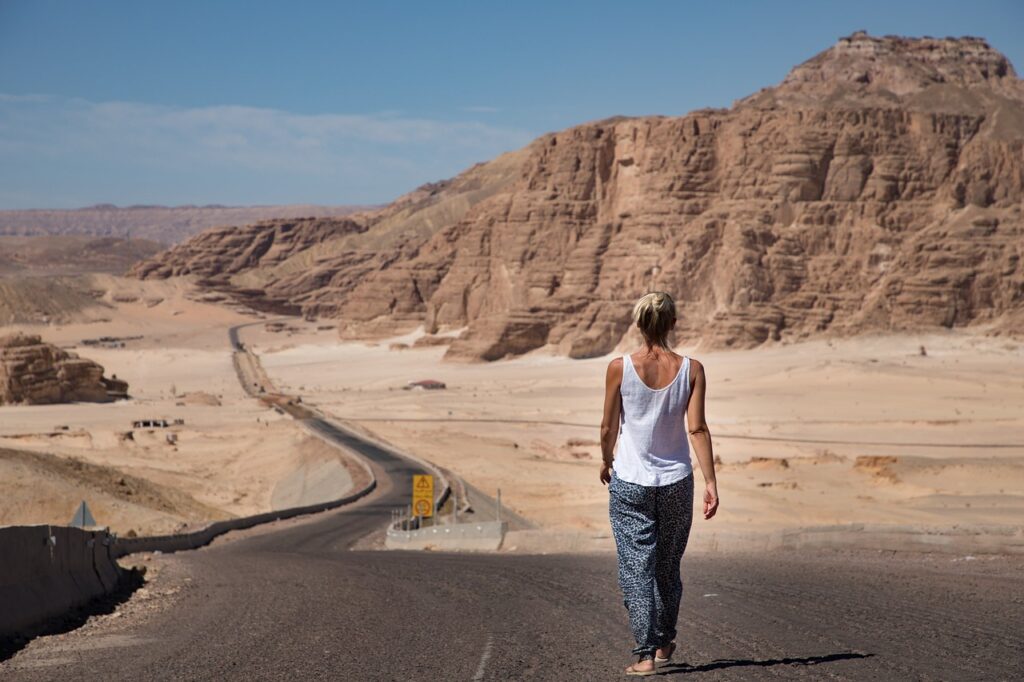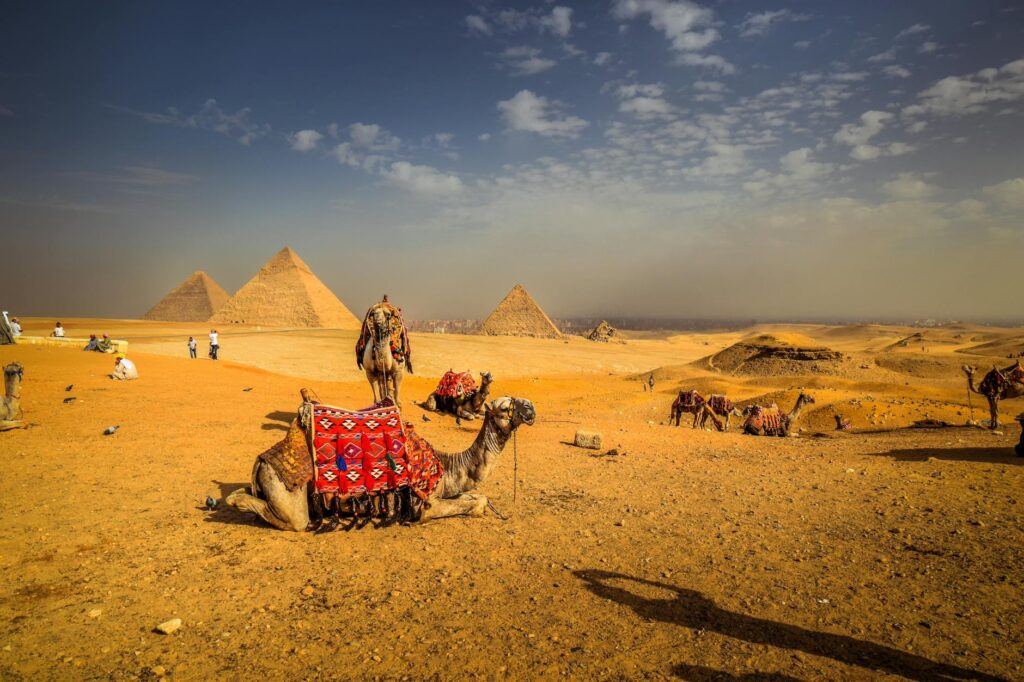Siwa Oasis, located in the Western Desert of Egypt near the Libyan border, is a remote and enchanting destination known for its stunning landscapes, rich history, and unique culture. Surrounded by the Great Sand Sea, Siwa Oasis is famous for its lush date palms, natural springs, and ancient ruins. The oasis offers a tranquil escape and a glimpse into traditional Berber culture. Here are some of the best places to visit in Siwa Oasis:
Best Places to Visit
1. Shali Fortress
Shali Fortress, also known as Shali Ghadi, is an ancient mud-brick fortress located in the heart of Siwa Oasis. Built in the 13th century, the fortress was once the central hub of the oasis and provided protection for its inhabitants. The ruins of Shali Fortress offer panoramic views of the oasis and surrounding desert. Visitors can explore the labyrinthine passages and remnants of ancient structures.
- Key Attractions: Ancient mud-brick ruins, panoramic views.
- Activities: Exploring the fortress, photography.
- Location: Central Siwa Oasis.
2. Cleopatra’s Spring (Ain Guba)
Cleopatra’s Spring, also known as Ain Guba, is a natural hot spring and one of Siwa’s most famous attractions. The spring is named after the legendary queen Cleopatra, although there is no historical evidence that she visited the oasis. The clear, warm waters of the spring are perfect for a refreshing swim, and the area is surrounded by lush palm groves.
- Key Attractions: Natural hot spring, lush surroundings.
- Activities: Swimming, relaxing.
- Location: Near Siwa town.
3. Temple of the Oracle (Temple of Amun)
The Temple of the Oracle, also known as the Temple of Amun, is an ancient temple complex that dates back to the 6th century BC. The temple was dedicated to the god Amun and was renowned for its oracle, which was consulted by Alexander the Great. The ruins of the temple offer a fascinating insight into the religious practices of the ancient Siwans.
- Key Attractions: Ancient temple ruins, historical significance.
- Activities: Exploring the temple complex, learning about ancient history.
- Location: Aghurmi Village, Siwa Oasis.
4. Fatnas Island (Fantasy Island)
Fatnas Island, also known as Fantasy Island, is a picturesque island located on Lake Siwa. The island is surrounded by palm trees and offers stunning views of the lake and the surrounding desert. Fatnas Island is a popular spot for relaxing, enjoying the sunset, and experiencing the serene beauty of the oasis. Visitors can also take a dip in the freshwater springs on the island.
- Key Attractions: Scenic views, palm groves.
- Activities: Relaxing, swimming, photography.
- Location: West of Siwa town.
5. Mountain of the Dead (Gebel al-Mawta)
The Mountain of the Dead, or Gebel al-Mawta, is an ancient necropolis located near Siwa town. The mountain is dotted with tombs carved into the rock, dating back to the 26th Dynasty, the Ptolemaic period, and the Roman era. Some of the tombs contain well-preserved wall paintings depicting scenes from the afterlife. The site offers a fascinating glimpse into the burial practices of ancient Siwa.
- Key Attractions: Rock-cut tombs, ancient wall paintings.
- Activities: Exploring tombs, learning about ancient burial practices.
- Location: Near Siwa town.
6. Great Sand Sea
The Great Sand Sea is a vast expanse of rolling sand dunes stretching across the Western Desert. It is one of the largest dune fields in the world and offers a breathtaking landscape of endless golden sands. Visitors can explore the Great Sand Sea by 4×4 vehicle, sandboarding, or camel trekking. The area is also known for its stunning sunsets and unique desert flora and fauna.
- Key Attractions: Rolling sand dunes, desert landscapes.
- Activities: 4×4 safaris, sandboarding, camel trekking.
- Location: West of Siwa Oasis.
7. Bir Wahed
Bir Wahed is a popular hot spring and cold spring located in the Great Sand Sea. The area features a hot sulfuric spring, ideal for a warm soak, and a nearby cold freshwater spring for a refreshing dip. The springs are a perfect spot for relaxation after a day of exploring the desert. The surrounding dunes provide a stunning backdrop for a memorable desert experience.
- Key Attractions: Hot and cold springs, desert surroundings.
- Activities: Soaking in the springs, relaxing.
- Location: Great Sand Sea, near Siwa Oasis.
8. Siwa House Museum
The Siwa House Museum offers a glimpse into the traditional life and culture of the Siwan people. The museum showcases a collection of traditional Siwan clothing, jewelry, household items, and agricultural tools. The exhibits provide insight into the unique customs and traditions of the oasis, making it a valuable cultural experience for visitors.
- Key Attractions: Traditional Siwan artifacts, cultural exhibits.
- Activities: Learning about Siwan culture, exploring exhibits.
- Location: Siwa town.
9. Dakrour Mountain
Dakrour Mountain is a small mountain located near Siwa town, known for its therapeutic hot sand baths. The sand baths are believed to have healing properties, particularly for rheumatism and other ailments. The mountain also offers beautiful views of the surrounding oasis and is a popular spot for hiking and picnicking.
- Key Attractions: Therapeutic sand baths, scenic views.
- Activities: Sand bathing, hiking, picnicking.
- Location: Near Siwa town.
10. Umm Ubayda Temple
The Umm Ubayda Temple, also known as the Temple of Umm Ubayda, is an ancient temple located near the Temple of the Oracle. The temple was dedicated to the god Amun and features well-preserved reliefs and inscriptions. Although partially destroyed, the remaining structures offer a fascinating glimpse into the religious architecture of ancient Siwa.
- Key Attractions: Ancient temple ruins, inscriptions.
- Activities: Exploring the temple, photography.
- Location: Aghurmi Village, Siwa Oasis.
Summary Table
| Place | Description | Key Attraction | Distance from City Center |
|---|---|---|---|
| Shali Fortress | Ancient mud-brick fortress with panoramic views | Historic ruins, photography | Central Siwa Oasis |
| Cleopatra’s Spring | Famous natural hot spring | Warm waters, palm groves | Near Siwa town |
| Temple of the Oracle | Ancient temple known for its oracle | Historical ruins, religious significance | Aghurmi Village |
| Fatnas Island | Picturesque island on Lake Siwa | Scenic views, freshwater springs | West of Siwa town |
| Mountain of the Dead | Ancient necropolis with rock-cut tombs | Tomb paintings, historical significance | Near Siwa town |
| Great Sand Sea | Vast expanse of sand dunes | Sandboarding, camel trekking | West of Siwa Oasis |
| Bir Wahed | Hot and cold springs in the desert | Relaxation, stunning desert landscapes | Great Sand Sea |
| Siwa House Museum | Museum showcasing traditional Siwan culture | Cultural artifacts, traditional exhibits | Siwa town |
| Dakrour Mountain | Mountain known for therapeutic hot sand baths | Sand baths, scenic views | Near Siwa town |
| Umm Ubayda Temple | Ancient temple with well-preserved reliefs | Temple ruins, inscriptions | Aghurmi Village |
How to Reach Siwa Oasis
By Road
Siwa Oasis is accessible by road from major cities in Egypt, including Cairo, Alexandria, and Marsa Matruh. The drive from Cairo takes approximately 8-10 hours, while the drive from Marsa Matruh takes about 4-5 hours. Several bus companies operate services to Siwa, providing an affordable travel option. Private cars and taxis are also available for hire.
Best Time to Visit Siwa Oasis
The best time to visit Siwa Oasis is from October to April, when the weather is cooler and more pleasant. The winter months offer comfortable temperatures for exploring the desert landscapes and ancient sites. The summer months (May to September) can be extremely hot, but the oasis’s natural springs provide a refreshing escape.
Travel Tips
- Local Cuisine: Siwa offers a unique culinary experience with traditional Siwan dishes, such as stuffed dates, couscous, and olive-based dishes. Don’t miss trying the local olives and olive oil, which are renowned for their quality.
- Cultural Insights: Siwa has a distinct culture influenced by its Berber heritage. Respect local customs and traditions, and dress modestly, especially when visiting religious sites and traditional areas.
- Safety Tips: Siwa is generally safe for tourists, but it’s advisable to take common precautions, such as avoiding isolated areas at night and being mindful of local etiquette. It’s also important to stay hydrated and protected from the sun when exploring the desert.
Itinerary Suggestions
One-Day Trip
- Morning: Start your day with a visit to Shali Fortress, exploring the ancient ruins and enjoying panoramic views of the oasis. Have breakfast at a local café.
- Afternoon: Head to Cleopatra’s Spring for a refreshing swim, followed by a visit to the Temple of the Oracle to explore the historical ruins. Enjoy lunch at a traditional Siwan restaurant.
- Evening: End your day with a relaxing visit to Fatnas Island, enjoying the sunset over Lake Siwa and the tranquil surroundings.
Weekend Getaway
- Day 1: Begin with a tour of the Mountain of the Dead, exploring the ancient tombs and learning about the burial practices of ancient Siwa. In the afternoon, take a 4×4 excursion to the Great Sand Sea for sandboarding and camel trekking. Spend the evening relaxing at Bir Wahed’s hot and cold springs.
- Day 2: Start the day with a visit to the Siwa House Museum to learn about traditional Siwan culture. Next, head to Dakrour Mountain for a therapeutic sand bath and a hike. In the afternoon, explore the ruins of the Umm Ubayda Temple. Conclude your trip with dinner at a local restaurant.
Siwa Oasis offers a unique blend of history, culture, and natural beauty, making it an ideal destination for those seeking adventure and tranquility. Whether you’re exploring ancient ruins, relaxing in natural springs, or experiencing the local culture, Siwa promises an unforgettable experience.

